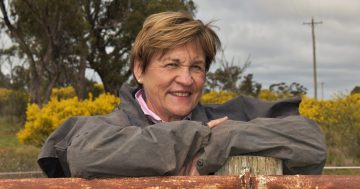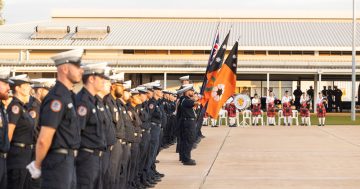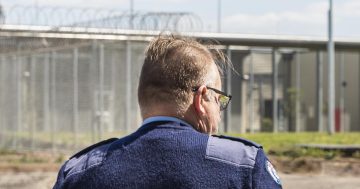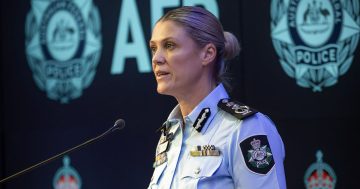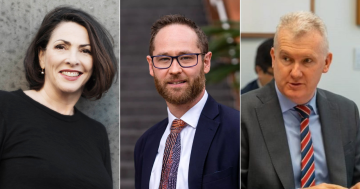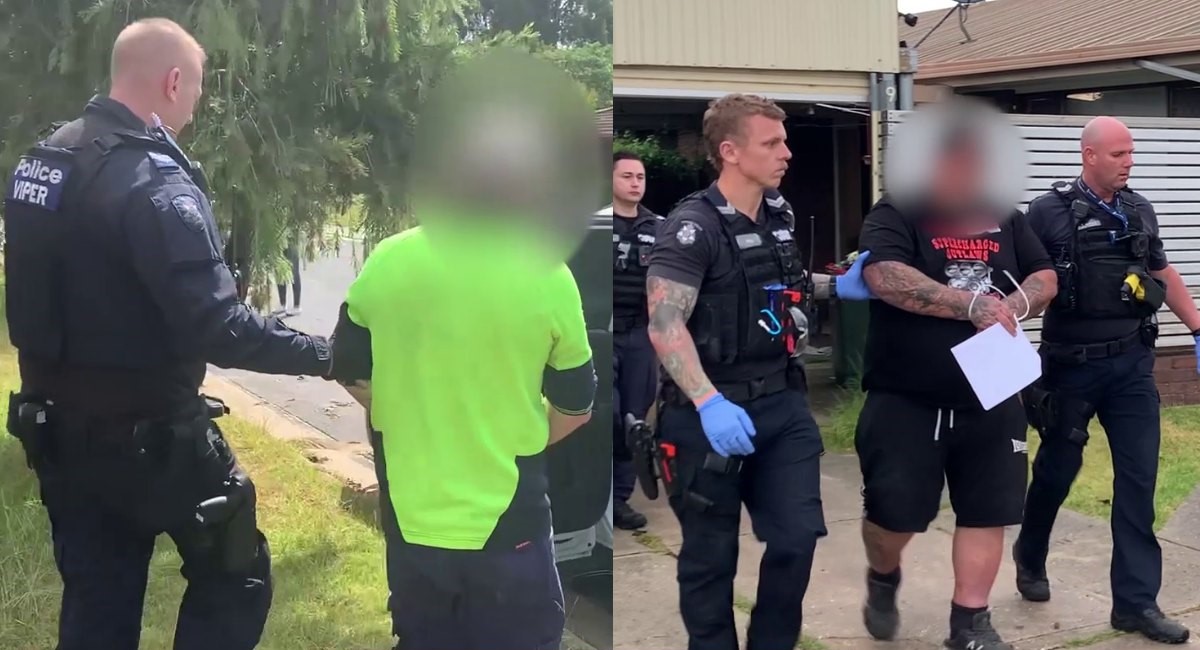
New laws will ban the public display of the insignia of certain groups, including wearing it on clothing or jewellery and displaying it on signs, flags or vehicles. Photo: Facebook.
The Victorian Department of Justice and Community Safety (DJCS) has had a big month, bringing in a new scheme to support victims of crime and laws to eradicate criminal elements that have been found across the construction industry.
Recently the state department has come under fire from the Community and Public Sector Union (CPSU) who cited “multiple contraventions” of its agreements with staff. In the midst of these negotiations, Attorney-General Jaclyn Symes tabled the Criminal Organisations Control Amendment Act 2024.
“Organised crime and thuggish behaviour has no place in Victoria – we’re making that clear with some of the toughest laws in the country,” she said.
The legislation introduces a new serious crime prevention order, prohibits the display of gang colours, strengthens Victoria’s unlawful association scheme and bans members of specified organised crime groups from prescribed government worksites.
Altogether these laws, especially the latter, will complement work being done by the Federal Government to prosecute recent findings of the CFMEU’s involvement with outlaw motorcycle gangs (OMCGs).
Under the new unlawful association scheme, Victoria Police will have a lower threshold for permission to issue notices with up to three years’ imprisonment for an order breach. The Independent Broad-based Anti-corruption Commission (IBAC) will have new responsibilities to monitor, oversee and report on the scheme’s operation.
A Serious Crime Prevention Order (SCPO) scheme will also come into effect, which is designed to restrict the activities of organised crime group leaders.
It allows the Police Chief Commissioner to apply to a court to impose a broad range of conditions on someone who has participated in serious criminal activity, or is likely to help another person engaging in serious criminal behaviour. These might include prohibiting a person from leaving Victoria, possessing firearms or certain amounts of cash.
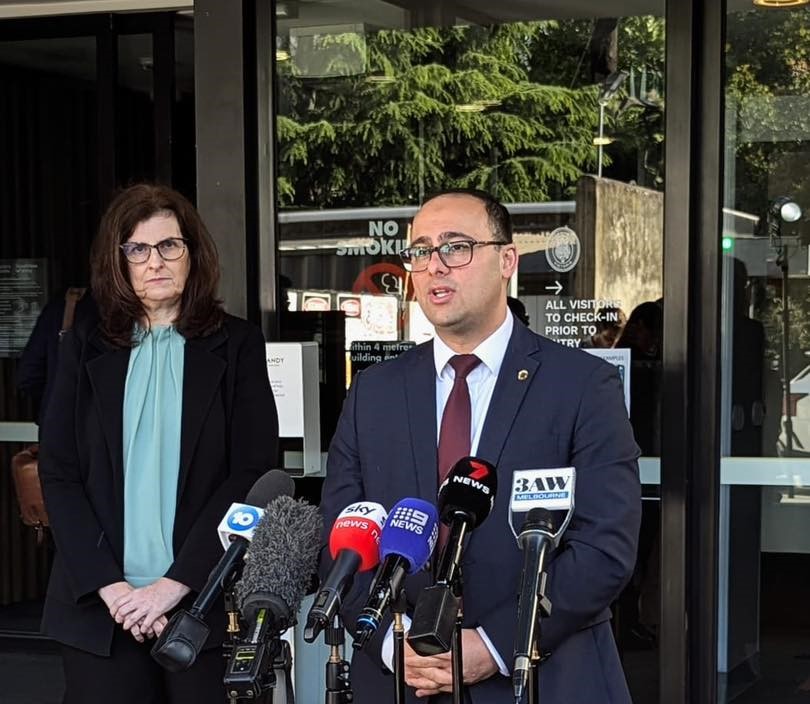
Minister for Victim Support Enver Erdogan joined CEO Marnie Williams to announce the new Financial Assistance Scheme will commence on 18 November. Photo: Facebook.
A day prior to the new laws’ introduction, Minister Enver Erdogan said victims of crime would now have easier access to financial assistance and have their trauma recognised outside of court through a new online scheme.
The Financial Assistance Scheme (FAS) will replace the Victims of Crime Assistance Tribunal (VOCAT), helping to minimise further trauma for victims, as they no longer have to attend court or face perpetrators.
Under the management of CEO Marnie Williams, she said the scheme would mean “victims of crime can focus on their emotional and physical recovery without the additional worry of navigating complex systems”.
Victims of crime will now be able to receive up to $60,000, with some eligible for up to an additional $25,000 in certain circumstances. They will also have the option to receive a recognition statement from the state – acknowledging the effects of the crime and expressing condolences.
However, a major advantage of the scheme is its replacement of the current practice where financial assistance for families is pooled together. Instead, these funds are given directly to each individual family member, significantly reducing the chance of potential conflict.
There were also strict definitions around who was considered family under VOCAT, but the FAS will expand eligibility to recognise Aboriginal kinship relations, LGBTQI+ relationships and other family members who an applicant may consider to be close family (e.g. sister-in-law).
Until the new scheme opens, victims can continue to make applications for financial assistance and queries through VOCAT.


